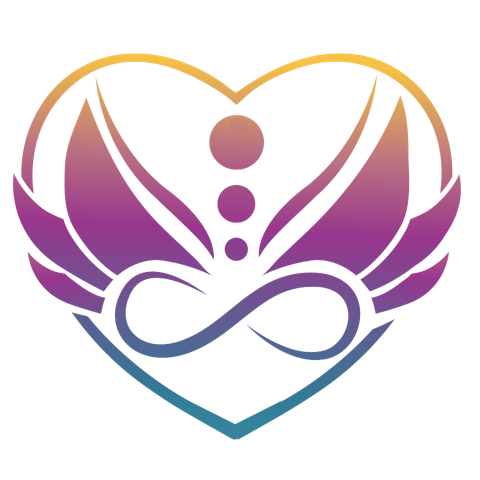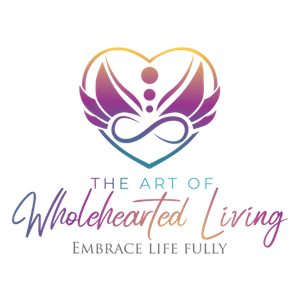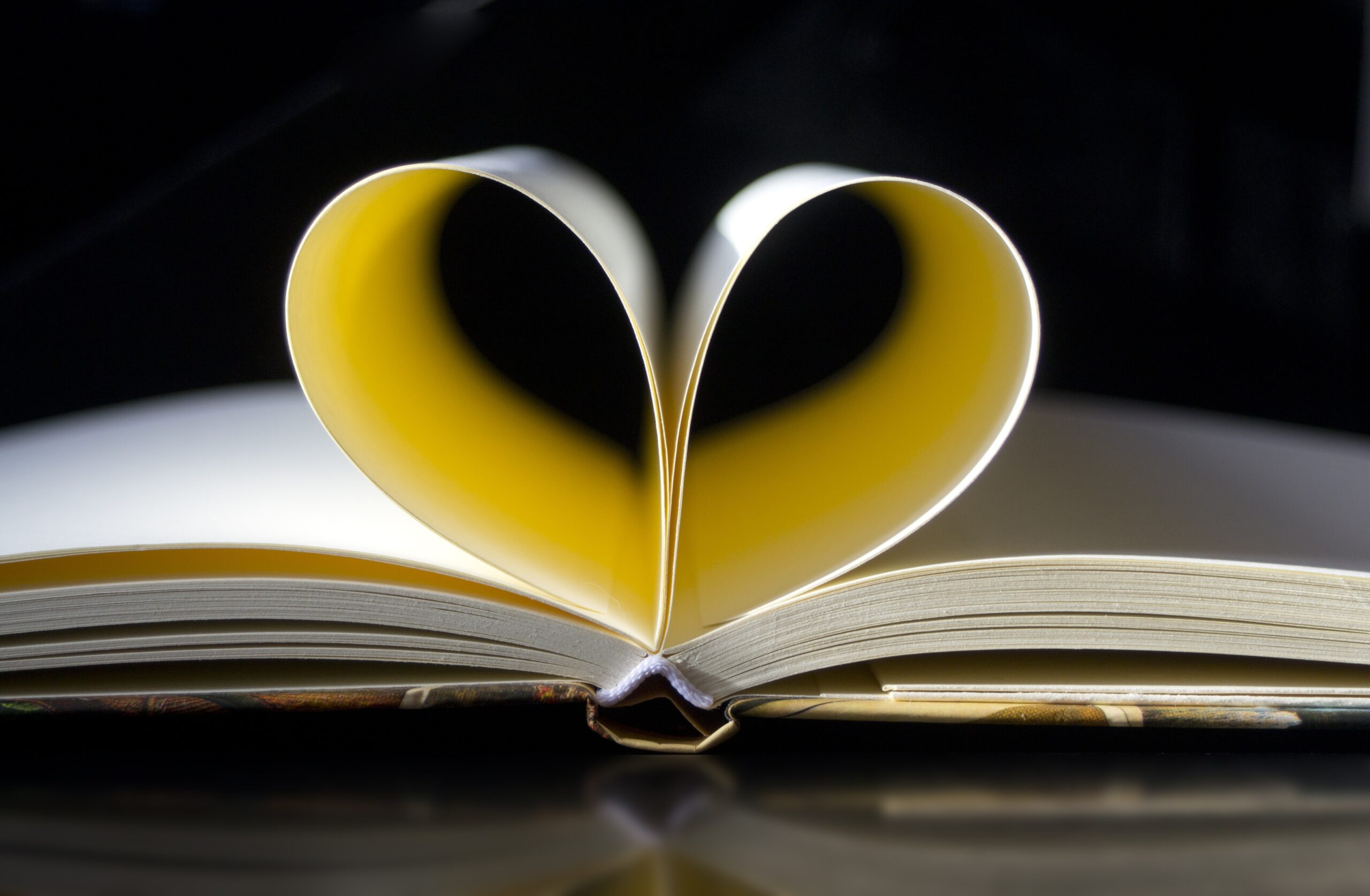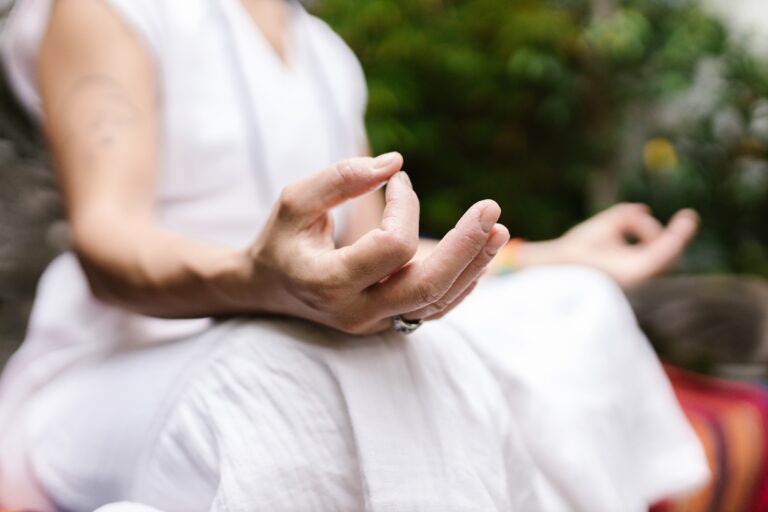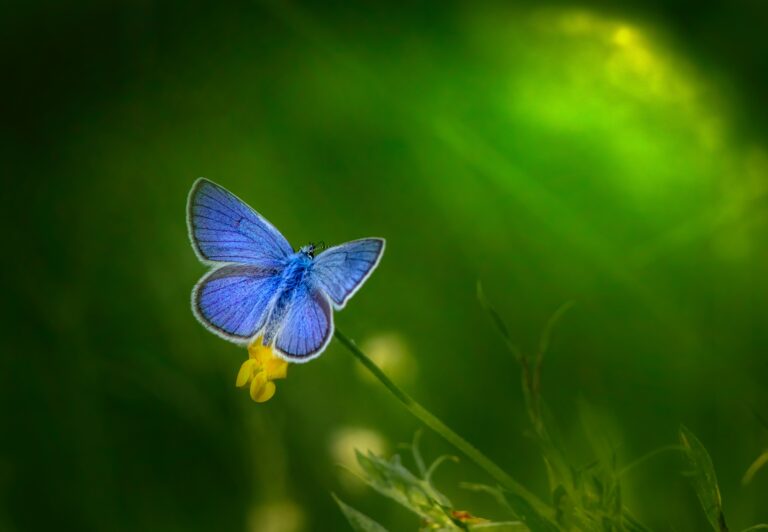Why People Hate Poetry (and Why I Love It)!
I love April 1st!! Not because it’s April Fool’s Day. Because it’s the first day of National Poetry Month. Every year, it brings me back to one of my true loves—poetry. And I have to confess that for the past 11 months, I have almost completely abandoned poetry because I was so focused on becoming a board certified health and wellness coach. I’ve also been teaching more yoga and trying to start my business. So today feels like a homecoming.
I think I first fell in love with poetry before I could even read. I loved listening to my older brothers read Dr. Seuss books to me. (Yes, The Cat in the Hat is a poem.) I love rhyme, don’t you? It delights the ears! And rolls off the tongue. That’s why we love song lyrics (that rhyme) so much. Sure, there may be way too many cheesy rhyming poems and songs, but who doesn’t love a little “cheese” every now and then? And if cheese isn’t your thing, there are countless dazzling poems (and songs) that rhyme without even a hint of Limburger. Either way, our ears and minds are drawn into rhythm and rhyme, almost as if by magic.
For those people out there who love songs but hate poetry, here’s a gentle reminder: poetry started as song. Poetry began as oral tradition and was often accompanied with a lute. Rhythm and rhyme helped poets remember the poems and pass them down before the printing press made books popular. Our minds remember rhyme—think about those old advertising jingles that are still stuck in your head, or maybe a simple verse from childhood like “Mary Had a Little Lamb.” Rhyme is a powerful mnemonic device. If you need to remember something, try making it rhyme and you’ll greatly increase your chances of recalling it.
Of course, poetry doesn’t have to rhyme. In fact, at some point, rhyming poems fell out of favor. Perhaps that’s one reason many people (in the U.S. anyway) lose interest in poetry—it isn’t fun anymore. Somewhere along the educational pathway, many people learn to hate poetry. It becomes a serious, scholarly pursuit. Young people are introduced to old poems that seem to have no relevance to their lives and they’re forced to dissect them. Tell the truth—when you hear the words “iambic pentameter” does your stomach clench? Even worse, young students have to find and explain the “deeper” meaning of these poems! Really? For many, it becomes an exercise in frustration and/or futility. If the poet wanted to write an essay, she would have. She doesn’t need an 8th grader to do it for her. If this happened to you in school, I’m sorry! I hope you’ll give poetry another try.
Don’t get me wrong…some people love going deeper into poetry. Myself included. That’s why I studied poetry in an MFA program (shout out to Spalding University’s Low-Res MFA!)—but the typical middle and high school student doesn’t learn to love poetry this way. Did you? I’d rather we meet students where they are. Introduce them (and adult poetry haters) to poems and poets that are relevant to their lives and touch their emotions. There are plenty! Then, start by asking them how they felt when they read the poem.
I love reading or hearing a poem that makes me go “Wow!” Or better yet, I’m left speechless. This is when the poet gets it “just right,” when there is no better way to say it. It may be a poem that punches me in the gut or makes the sun suddenly shine inside my skull. Either way, I want to feel something when I read a poem. Is there a deeper meaning? Maybe. But do you need to stress and strain about it? Not at all. Just sit with it. Today, the caterpillar in the poem may just be a caterpillar. Not everything has to symbolize something else. Maybe next week it will metamorphose in your mind. Maybe not. Either way, it’s okay. (A fun poem by Christina Rosetti: Caterpillar)
So, you see, you don’t need to “get” poetry. There’s no “right” answer about what a poem means. Did the poem make you smile? You got it. Did it make you cry? You got it. Maybe it incited feelings of outrage and you joined a protest march. You got it! That’s the power of poetry. And the truth is, a poem means something different to every person who hears it or reads it. Think of a poem as a conversation rather than a lecture. The poet is not trying to transmit knowledge to you. She is expressing her interpretation of life. How you listen to, receive, and reflect on her words is completely up to you. And the best part is, you aren’t being graded on it!
Like a great song, a great poem can change your life. Consider this — when you hear a song you don’t like, you may turn it off, but you don’t stop listening to music. You keep searching for the songs you like. Have you stopped listening to poetry? If so, I hope you’ll start listening again. Keep searching for the poems you love! Just like music, there is something for everyone. I promise!
**If you have a favorite poem or poet, please share in the Comments below. If you don’t know where to begin your search for poems you’ll love, I’d be happy to share some suggestions—just ask.

